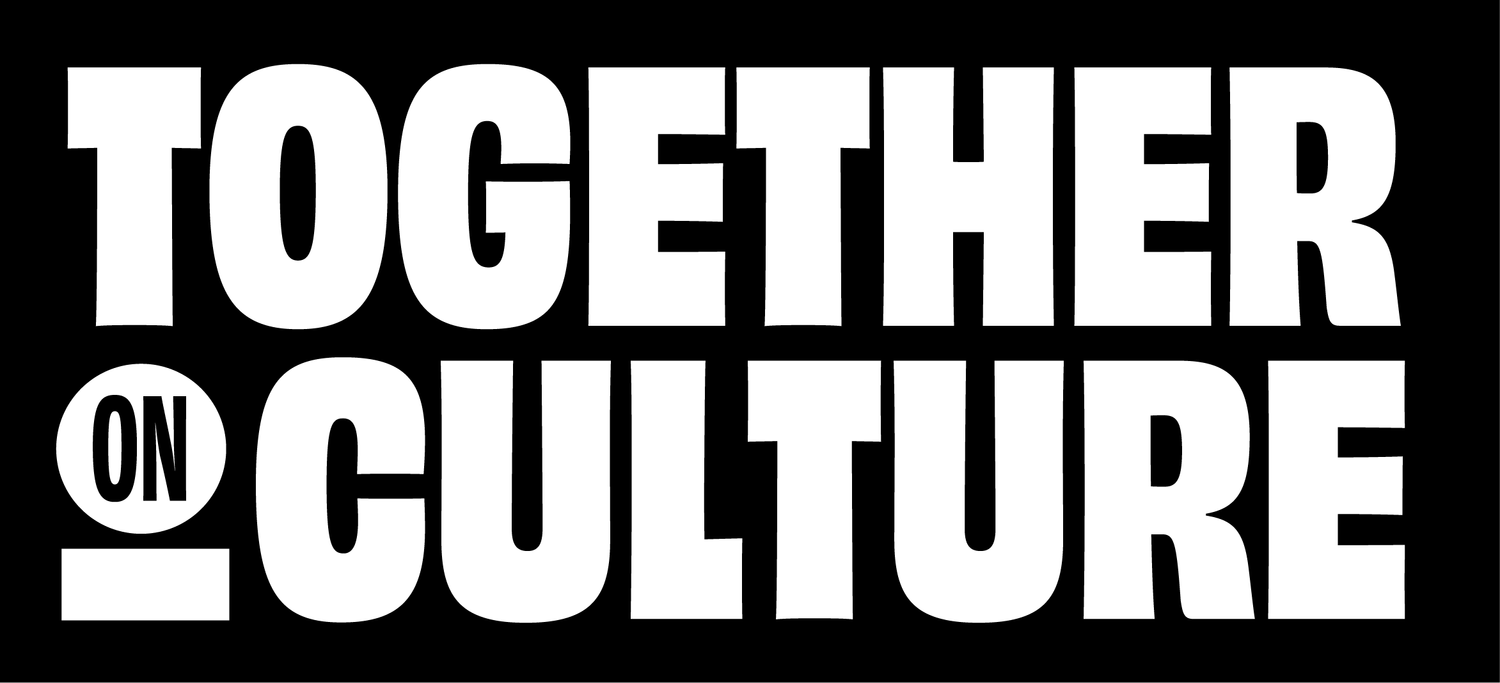Pillar 3: Action Areas
Action 3.1
Developing Cultural Leadership Programme and routes to leadership at all levels
We propose a peer-to-peer leadership development programme for Birmingham’s senior cultural leaders that aims to foster a more collaborative, dynamic, and impactful network of cultural leaders who work together for the city’s collective good. It would be aligned with Culture Central’s ‘Collective’ programme, which is focused on leadership development for those traditionally excluded from senior roles in the sector.
A key goal of the programme would be to strengthen connections between leaders of cultural institutions, fostering partnerships that transcend individual agendas. It could also connect to national programmes (e.g. Clore). By creating formal and informal opportunities for dialogue and collaboration, cultural leaders can share resources, align strategies, and amplify their collective voice, ensuring a thriving and resilient cultural ecosystem. All supported by the Cultural Compact, the city’s unique agency for the sector, Culture Central and aligned with the sector-support partnership programme run by the University of Birmingham, Culture Forward.
Tailored workshops and mentoring opportunities would enhance leaders’ cultural leadership capabilities, equipping them with the skills to navigate complex challenges, inspire their teams, and drive the sector forward. There would also be a focus on developing the skills and expertise of cultural leaders/managers of organisations to address the post Covid challenge, promoting skills in areas such as marketing, finance and HR. A particular focus will be placed on connecting cultural leaders with senior decision-makers in other sectors, fostering cross-sector collaboration and broadening culture’s influence.
Credit: Iona Firouzabadi
Action 3.2
Develop the skills base and talent pipeline of the cultural and creative workforce
Nurturing our future talent is an essential mission for the Compact. We recommend launching a needs assessment and gap analysis and then a subsequent workforce development programme for Birmingham’s Cultural Sector, aligned to similar efforts being undertaken for the wider West Midlands. This would see the major cultural organisations collaborating with all the city’s universities and FE colleges on a combined offer– designed to address critical skills gaps, enhance career pathways, and retain creative talent in the city.
Key elements would include collaborative high-quality training opportunities with bespoke, practical curricula to equip people with the skills needed for the ever-evolving creative sector. A network of properly paid internships would create accessible entry points, reduce financial barriers, and foster diversity. Universities and cultural organisations could potentially co-fund these internships, linking them with core objectives like student experience and employability.
Established cultural organisations could offer career coaching, apprenticeships and mentoring programmes that shine a spotlight on how to thrive in the sector, supporting retention of talent in the region.
And a workforce development programme should also address skills gaps across the full cultural ecology such as administration and finance.
Credit: James Yarker
Action 3.3
Develop a business support programme for the cultural and creative sector(s)
We recommend the launch of a new business support programme for organisations working in the creative and cultural sectors that would include peer-to-peer and, where needed, external expert support to increase the sector’s resilience and opportunities for growth.
Existing business support from the Growth hub could potentially be adjusted to deliver one-to-many workshops to support the sector along with improved networking provision.
This programme could be anchored around new funding that has been announced to support the growth of the creative technology sector (AHRC CreaTech Frontiers award for the region and growing the games/theatre sector).
This would increase organisational capacity and resilience and would directly lead to an uplift in opportunities around film, TV and games production in particular.
Credit: Simon Hadley
Discover the Outcomes and Action Areas for Birmingham 2025 - 2035



